A cultural tour to the birth-places of famous pieces of German music
The city of Karlsruhe had been the temporary home of some of the most renowned German composers of the nineteenth century and their famous symphonies. Friedemann Schäfer, author and city guide, offered us exciting insights into the history of these creations and their actual places of origin. To this day, Karlsruhe still pays homage to its famous former inhabitants.
On July 8th in the afternoon, the heat was still almost unbearable in the sunny city of Karlsruhe. This, however, did not keep the members of the DEF (Deutsch-Englischer Freundeskreis) to attend a very interesting tour to some of the buildings and places we are all too familiar with. Or are we?
Karlsruhe in major & minor: The Badische Landesbibliothek harbours wonderful treasures
We started our journey right under the Wissenstor (portal of knowledge) of the Badische Landesbibliothek. There, we listened to a part of Mozart’s delightful Piano Quartett, a transcript of which is kept at the library. Mr Schäfer carried a portable beat box, so we were free to listen to the enchanting compositions while exploring the city center. Also, we attentively reflected on the biographical stories about some of the well-known German composers. Mozart himself, we found out, was a cherished visitor of the South Western regions of Germany, especially of Donaueschingen, where a festival has been organized in 2016 in his honour.
Herrenstraße 48: home of German composer and musical director Hermann Levi
Hermann Levi became musical director in Karlsruhe in 1865, he was often visited in his home at the Herrenstraße 48 by his friend and well-known composer Johannes Brahms. 1872 he conducted Brahms’s Triumphlied, just shortly before leaving Karlsruhe and settling in Munich as general musical director. Levi also directed Richard Wagner’s Parsifal at the end of the 19th century. The relationship between the composer and the conductor has become a subject of heated debate, engaging historians and art critics to this day. Levi’s semitic provenience and Wagner’s antisemitism are being tackled in a fascinating play, Wahnfried, at the Badisches Staatstheater Karlsruhe.
Kaiserstraße 90: the Karlsruher Museumsgesellschaft accomodated Brahm’s First symphony
The Kaiserstraße is Karlsruhe`s most frequented area. It harbors boutiques and coffe-shops, markets and banks. As a matter of fact, a banking institute now replaces the former building of the Museumsgesellschaft Karlsruhe, where Brahms’s first symphony was held in November 1876. Unfortunately, the building was completely destroyed in 1918 but still reminds by means of an appreciation plaque of its famous visitor. Living in Baden Baden, Brahms met one of Germany’s most famous female composers and musician, Clara Schumann.
Clara Schumann: a prominent composer and guest of Karlsruhe
Johannes Brahm’s symphony premiere was conducted by Hermann Levi, with Clara Schumann playing the piano. Clara Schumann is considered one of the most brilliant pianists of the Romantic era. Her creative spirit was greatly influenced by her strict father, who was an ambitious piano teacher, and her husband, the gifted pianist Robert Schumann. Unfortunately, Robert Schumann`s youth was stricken with nervous afflictions, after he had died, Clara moved to Berlin together with her seven children. In the 1860s, Clara lived in Lichtental, now a district of Baden-Baden.
In this period, she attended many great national and international concerts and deeply influenced the cultural life of Baden Baden and the surroundings thereby. She was a distinguished guest in the Karlsruhe Palace, at that time, the residence of the Great Duke of Baden.
Karlsruhe in major & minor: A very informative and interesting tour!
The tour led us from the Badische Landesblibliothek to the surrounding gardens of the Karlsruhe Palace. There, we enjoyed the cooling effect of the shadows, and the delight of classical music of the composers mentioned above. We learned that the classical music we still listen to today goes back to the time of Vivaldi in the 18th century. Thus, a great part of our current European culture is indebted to the culture of music and musical instruments that has developed ever since the Enlightement.
I am very grateful to Mr Friedemann Schäfer and the members of the DEF (Deutsch-Englischer Freundeskreis) for another exciting travel through Karlsruhe’s history, a history filled with classical music and inspiring architecture.
Images: © Sandra Bihlmaier
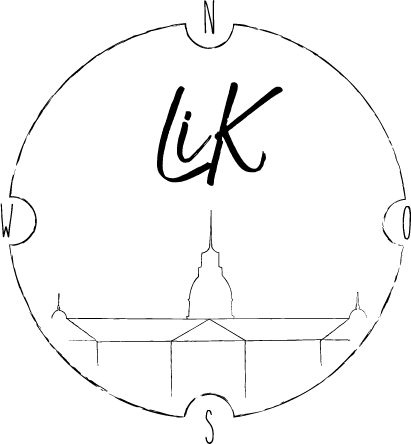
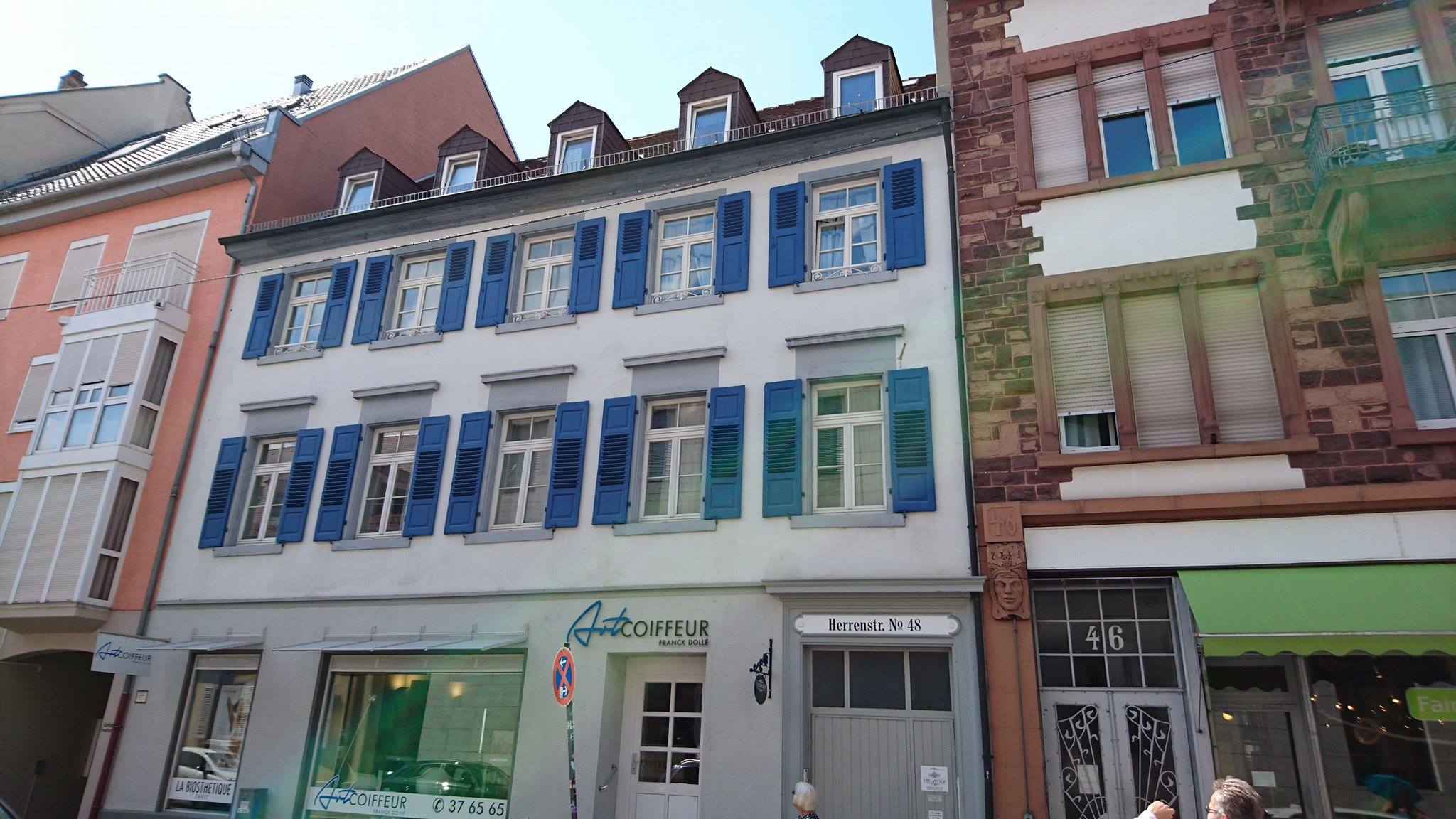
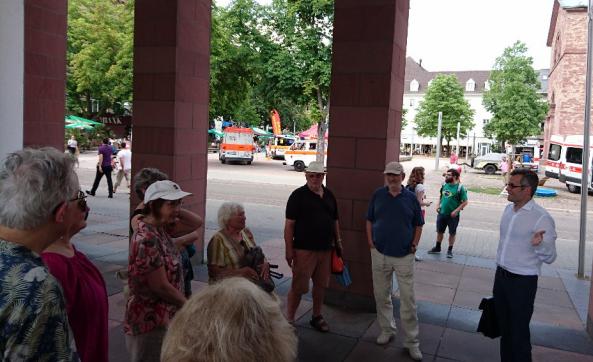
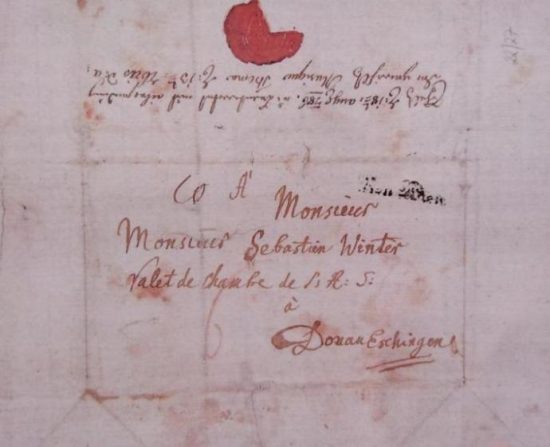
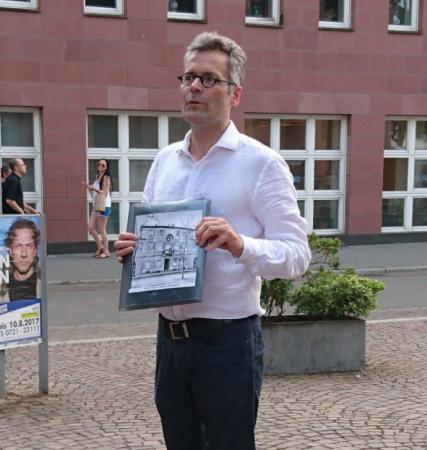
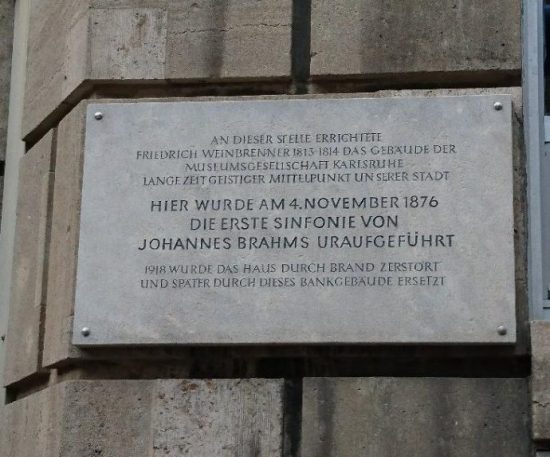
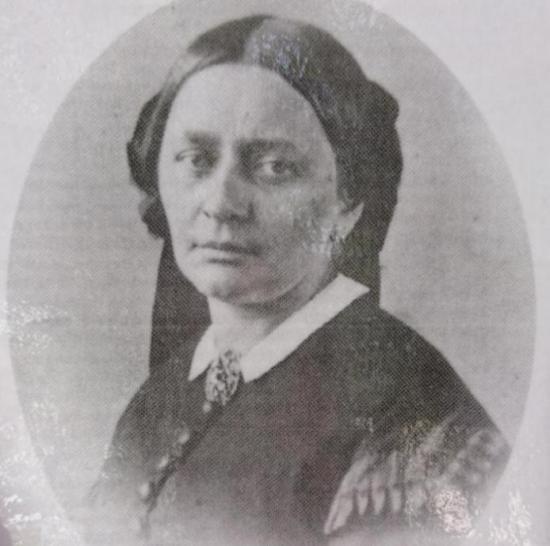
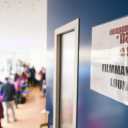
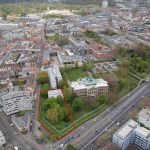


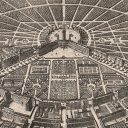
Leave a reply